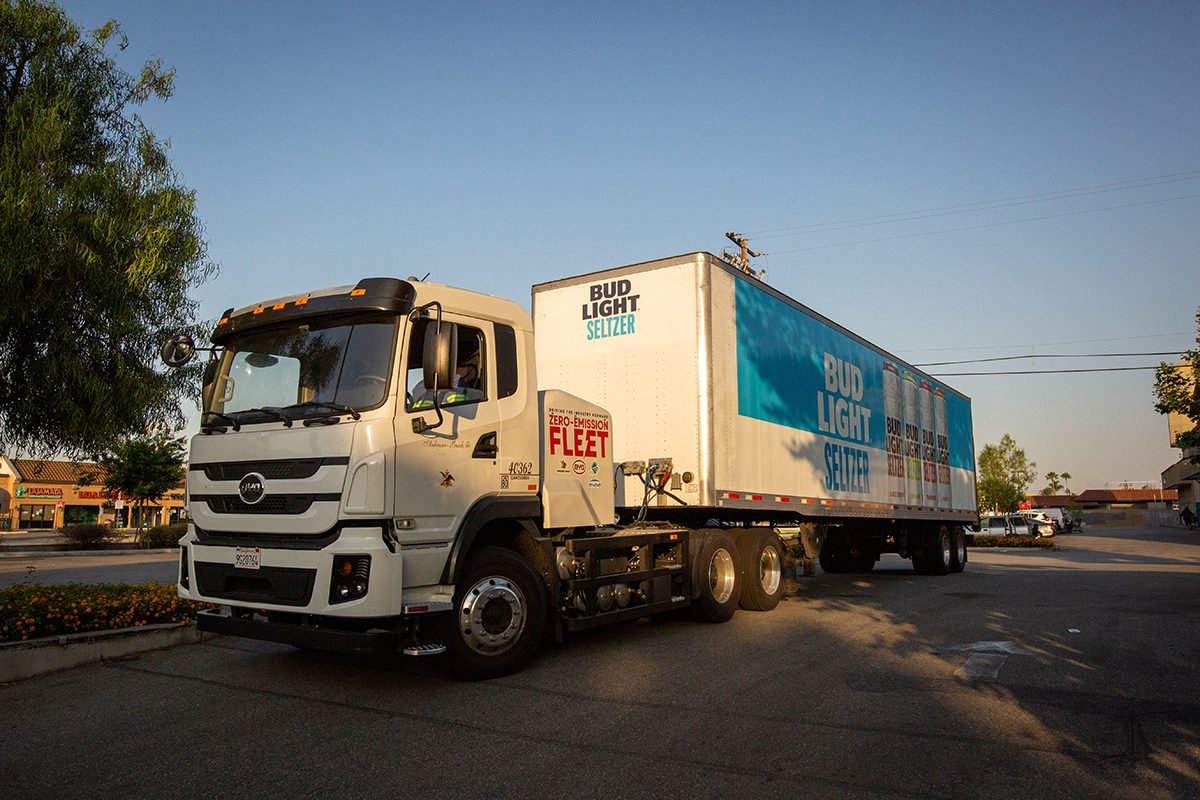I am not sure the folks that have been working on climate issues for decades would agree, but it seems to me that the trucking industry is moving pretty quickly on making sustainability a cornerstone value with electric trucks.
In 2020, a lot of trucking companies announced sustainability commitments with goals for achievement out to 2040 and 2050. Many other people did not take those commitments seriously since the timeframe for achievement was 20 to 30 years into the future, by which time the CEOs who made these commitments would have been long gone.
Fast forward to today. I, along with NACFE staff members, talk to lots of fleets on a regular basis, and more and more, we are hearing stories from them about how shippers are asking fleets what they are doing to ensure that their goods are transported in a sustainable manner. In some cases, shippers are specifically asking if their goods can be moved by electric trucks. Unfortunately, at this time, due to the fact that there are not enough EVs on the road nor a robust enough infrastructure, the answer is no.
I am not discouraged by this. In fact, I am encouraged by it because it means in the long-term shippers want their goods moved in a more sustainable manner, which will help spur development and deployment of zero-emissions vehicles. What the customer wants, the customer usually gets.
A second sign that sustainability is being taken seriously all across the supply chain, is that non-asset companies — people who are shipping goods but who don’t have trucks — are starting to buy trucks. I believe they are doing this because they want to reduce emissions from the transportation of their goods, and they have the resources to purchase these new alternative-fueled trucks. Amazon is a good example of a company that is doing that. Even though they will continue to use other carriers, they also will own assets, and those assets will likely be electric or powered by other alternative fuels with lower emissions.
The third sign is that consumer facing brands — think UPS, PepsiCo, Anheuser-Busch — are feeling pressure to move forward quickly when it comes to reducing or eliminating emissions. One interesting thing to note, while companies used to boldly announce that they had purchased a handful of EVs, now they are much quieter with their announcements of even larger purchases, because when the general media hears of a company ordering 150 EVs, they are asking “why wasn’t the order for 1,000 trucks?” The expectation is why aren’t you doing more or moving faster. Baby steps no longer seem to be good enough.
All of these efforts are adding up to a pull on fleets to continue moving — and moving quickly — down the path to zero-emissions transportation. I think this is just the beginning of the evolution to a supply chain that is greener and cleaner. The movement to a cleaner transportation future starts with the people who have freight that needs to be hauled. The fact that they are asking questions of fleets about what they are doing in the area of sustainability is a good sign.
I know many of you are wondering about who will pay or this cleaner future because at this time alternative fueled vehicles cost more than their ICE-powered competitors. The carriers, the shippers, and the consumers are going to pay for the goods to be moved in a cleaner manner. Everyone up and down the supply chain will share the price increase. But, I think almost all of us will agree, it will be money well spent.



